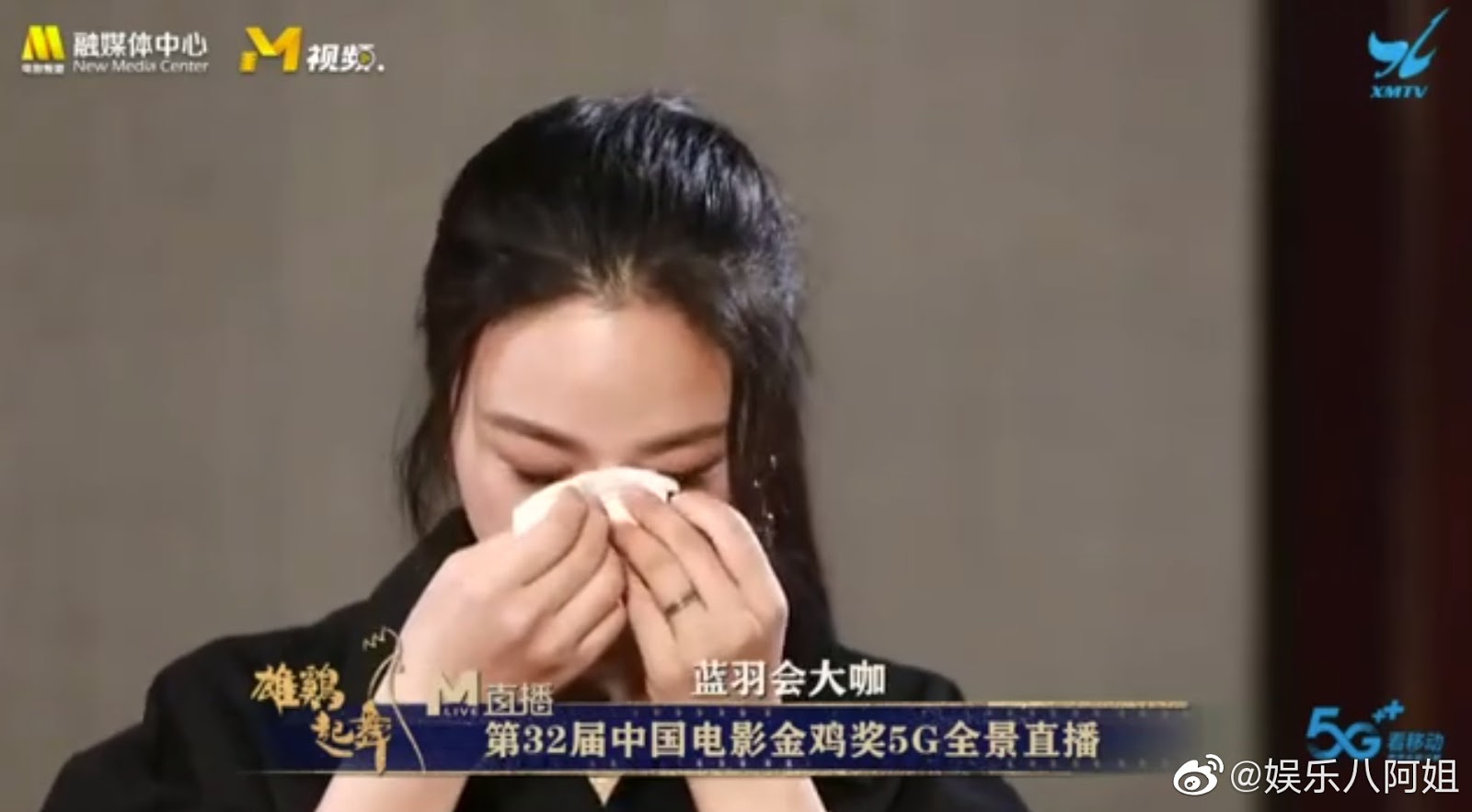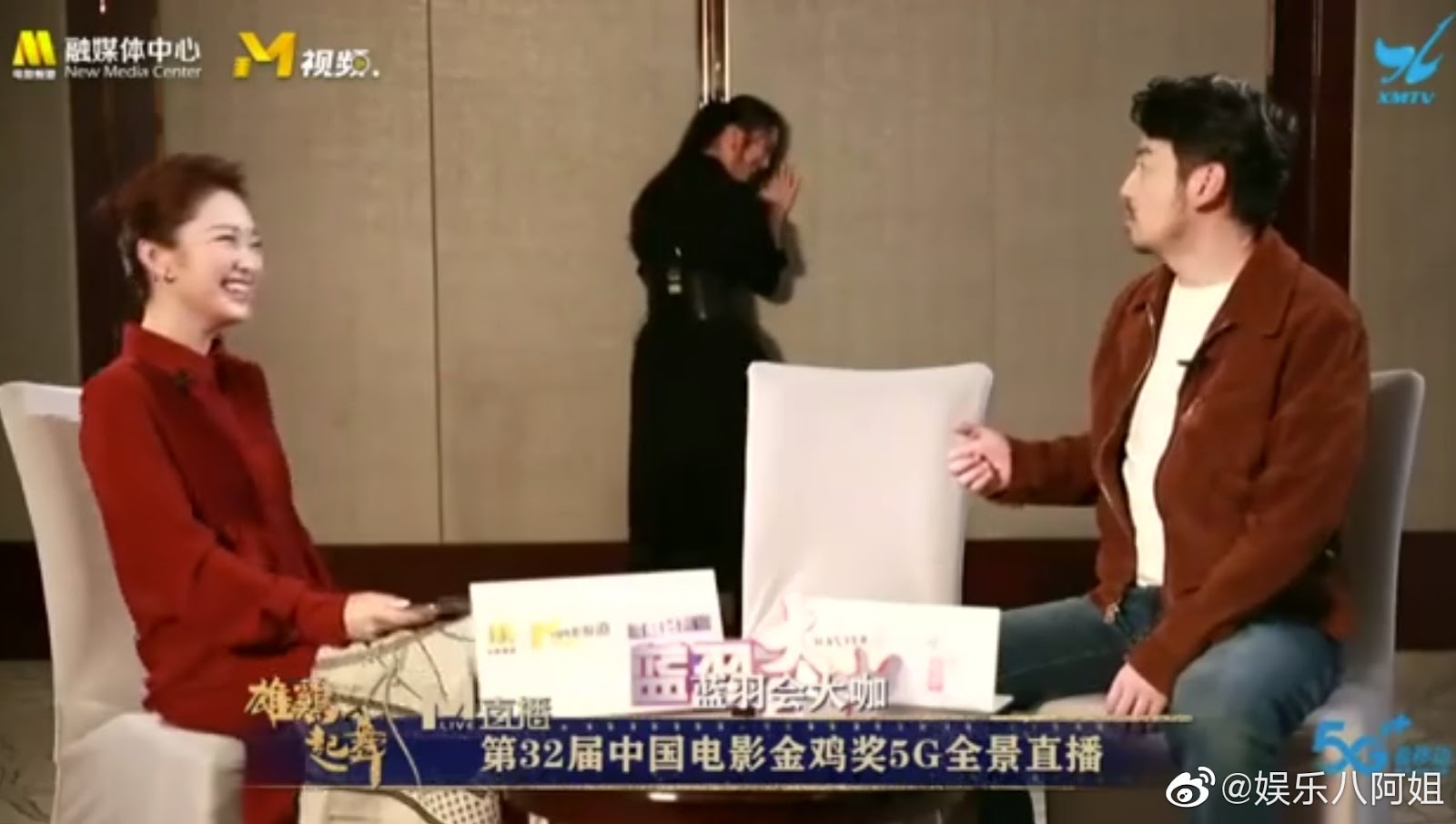Backlash after actor publicly shames co-star Tang Wei for frequent bathroom visits
Backlash after actor publicly shames co-star Tang Wei for frequent bathroom visits

Chinese actor Léi Jiāyīn 雷佳音, who is best known for his role in the hit TV show The First Half of My Life 我的前半生, has been facing a wave of criticism after he made a complaint about actress Tāng Wéi 汤唯, who he worked with on their new thriller movie The Whistleblower, saying that the female co-star’s frequent bathroom visits on the set of the movie negatively impacted his acting.
Lei made the remarks in a live broadcast interview (in Chinese) with CCTV on December 8. Though both artists were ostensibly there to promote the new movie, the conversation took an unexpected turn when the host asked what they disliked most about each other. Lei then revealed that he was annoyed by Tang taking so many toilet breaks while filming a scene in which he had to deliver a string of emotional lines.
“Tang excused herself to go to the bathroom a lot when I was awash with tears,” Lei said. Seemingly embarrassed, the 40-year-old actress burst into uneasy laughter. She then stood up from her seat and walked to the back of the room, hiding her face from the camera.
Lei, however, totally ignored Tang’s body language and went on saying, “She used the bathroom more than three times and we ended up filming 10 takes of the scene. It’s almost like every time I started to feel the character, she had to take a toilet break.”
When asked by the host if she did it on purpose, Tang apologized to Lei, saying, “I’m profoundly sorry about that. Are you still holding a grudge against me because of it?” At this point, Lei could have accepted Tang’s apology and dropped the issue, but for some reason the actor decided to double down. Taking a passive-aggressive approach, Lei continued, “I was understanding because I didn’t say anything while we were on the set. I was bearing your behavior silently.”
In 2016 — two years after marrying South Korean director Kim Tae Yong — Tang gave birth to her first child. Since then, the actress has been reportedly struggling with urinary incontinence, a bladder control issue that’s common among women during pregnancy and after childbirth.
It’s unclear if Lei was aware of Tang’s medical situation, but his callousness clearly made his co-star uncomfortable and eventually made her break into tears. When the actress began quietly sobbing next to him, Lei — showing a blatant disregard for Tang’s feelings — said, “Are you really crying? Wow, you are really good at acting today.”
Overwhelmed by emotions, Tang then walked away from the camera and took a one-minute break to collect herself. The tearful interview ended on an inauspicious note after Lei shot down the host’s suggestion that he should say something comforting to the actress. Instead, Lei went, “Let her cry. She’ll be back.”
After the interview was widely shared on the Chinese internet, it sparked a social media firestorm. On Weibo, Lei was heavily criticized for grilling Tang about her childbirth-related conditions in the public light.
“Tang was noticeably beaming because of embarrassment. Many women suffer from leakage problems after giving birth. Men probably don’t know about it but this is not a subject for ridicule. Lei probably thought he was just making a harmless joke but it definitely came off insulting and inconsiderate,” one Weibo user wrote (in Chinese)
Probably a silver lining to the story is that some bloggers focusing on medical issues have seized this opportunity to educate their followers about what urinary incontinence is and how severely it can affect women’s bodies. In a Weibo post that explains Tang’s difficulties from a medical perspective, blogger @六层楼先生 (in Chinese) wrote: “I’m not calling for extra care for moms because that message is too broad. Instead, I penned this article in the hopes of making the public have a basic understanding of this condition. This is particularly vital for women who go back to work after giving birth. They make a lot of efforts to overcome physical discomforts and none of them want their jobs to be adversely affected by their health issues.”








